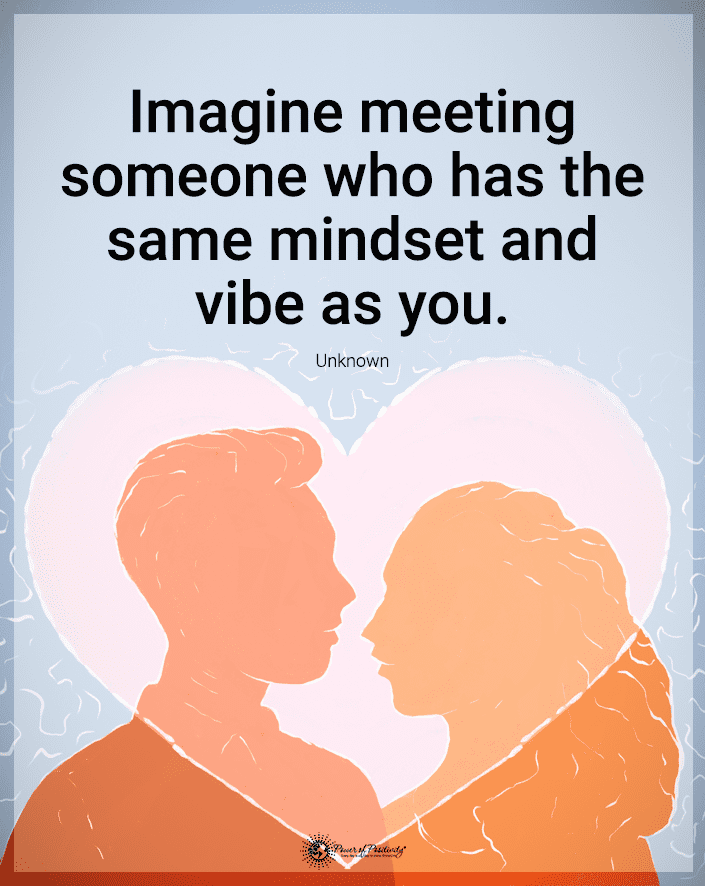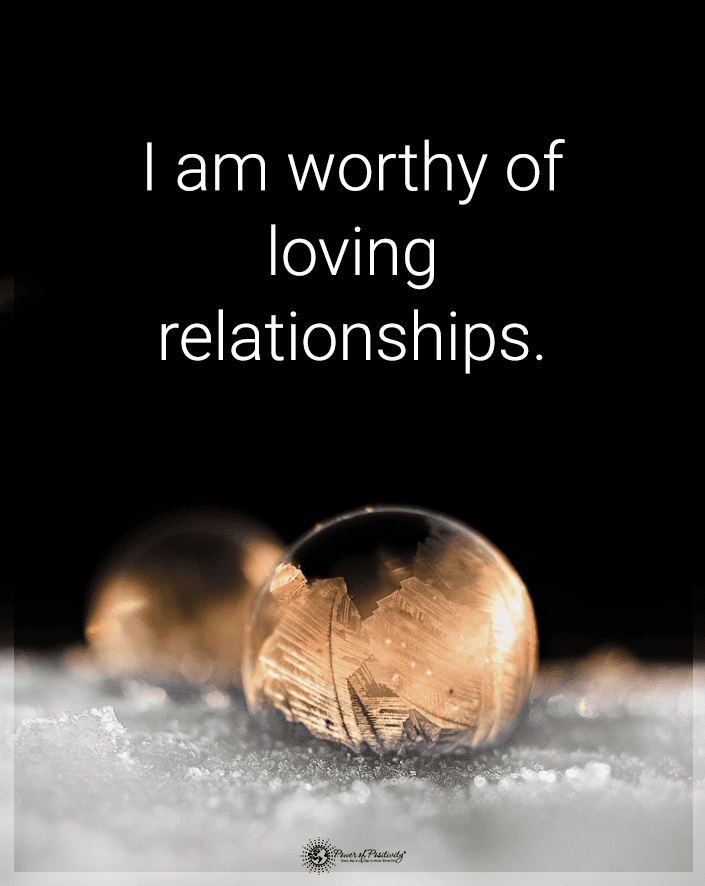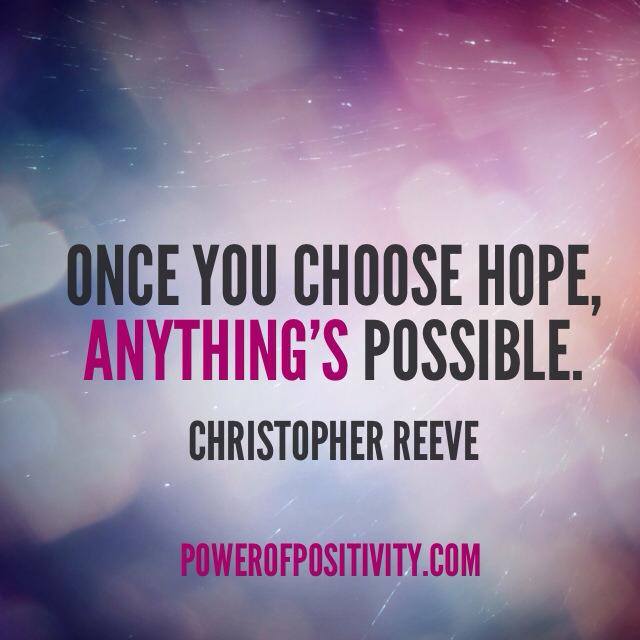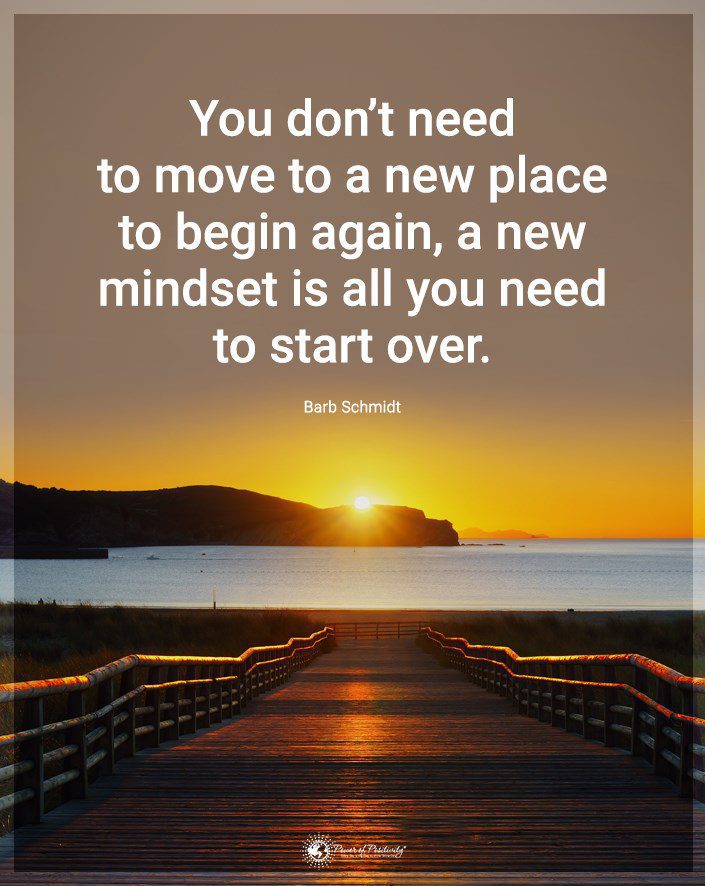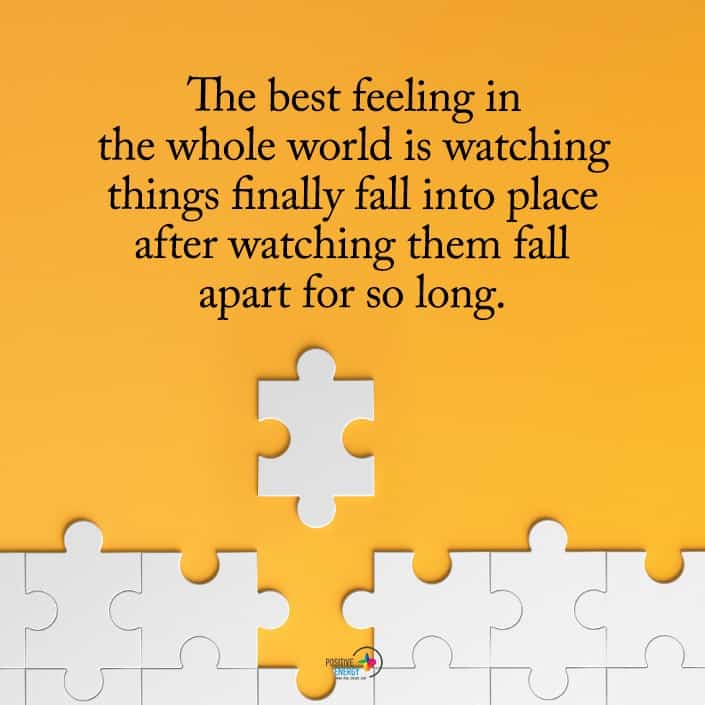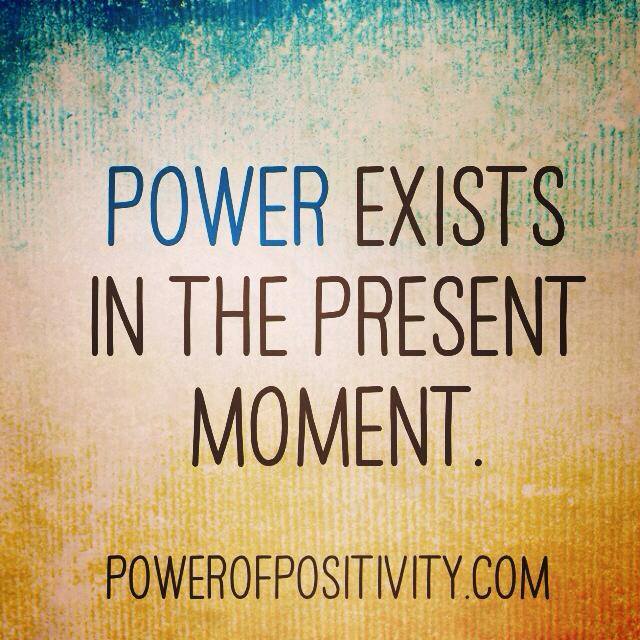Unfortunately, relationships don’t come equipped with instruction manuals and lifetime warranties – we just have to learn from experience and take our chances with the people who come into our lives. Even so, you can ensure more successful, deeper relationships by keeping these things in mind:
20 Secrets to Creating Meaningful Relationships
1 – Understand Yourself More to Understand Others Better
The deeper your knowledge of yourself, the more engaging your relationships with others will be. You have to dive into your soul’s depths and look at yourself before you can surface again; otherwise, your understanding of people won’t ever exist beyond shallow waters.
“Knowing others is intelligence; knowing yourself is true wisdom. Mastering others is strength; mastering yourself is true power.” – Lao Tzu
2 – Don’t Allow Others to Dictate Your Emotions
Nothing outside yourself should determine how you feel because you get to choose your emotions in each moment. Others might influence your feelings, but they should never get the best of you. To become the master of yourself, you must realize that only you govern your mind, not anyone else.
3 – Never Sacrifice Who You Are for Someone Else
Put your best self forward, and don’t worry about what others have to say. If you feel like someone doesn’t appreciate who you are, let them go. We came here to express ourselves authentically, not suppress ourselves to appeal to others’ wishes.
4 – Everyone Is Just a Reflection of You
Realize that everyone walking this Earth is just another you. They breathe the same air, have the same basic needs, and have a heart that beats with purpose just like you do. We all have slight differences, but our similarities connect us profoundly and serve as a bond.
5 – Don’t Expect Anything from Others
High expectations often come with great disappointments. By having no expectations, you will get a pleasant surprise when you come across honorable people, and have an easier time brushing off those with bad intentions.
6 – Give People Your Undivided Attention When They Speak
In this age of instant connection with the world online, we have largely forgotten how to converse with people in person. When someone speaks, put down your phone and really clue in to what they have to say; active listening enhances relationships, improves trust, and makes the other person feel like they matter.
7 – Loving Yourself More Attracts Others Capable of Giving that Love Back to You
Since you attract what you are, cultivating more self-love within and becoming more empathetic toward yourself will allow others who reciprocate those feelings into your life. Remember, you have an invisible energy field around you called your aura that others can sense, so increase your vibration to attract better people into your life.
8 – Open Your Heart Fully, and Don’t Let the Fear of Getting Hurt Hold You Back
All of us have been through some sort of pain in the past, but letting it control you will only block love from entering your life. Once you realize that everyone comes into your life to teach you something, you can transcend that pain and open yourself up to new experiences.
9 – Give Unconditional Love No Matter if It’s Returned
The more love you give, the more will come back to you. Once everyone can overcome the ego and embody their true loving nature, we will see a world with much less hurt and more thriving relationships.
10 – The Right People Will Come Along When You Stop Looking for Them
“Don’t chase people. Be yourself, do your own thing and work hard. The right people – the ones who really belong in your life – will come to you. And stay.” – Will Smith
When you stop chasing and allow your point of attraction to bring your experiences to you, life begins to align itself exactly as it should. The life and relationships you want will come to you – just continue to be patient and think positively.
11 – Every Relationship Can Teach You Valuable Lessons
Don’t ever consider a relationship a waste of time or failure – every person you encounter plays an important role in your evolution as a spiritual being. Honor all relationships in your life, no matter how fleeting the connection.
12 – A Few Good Friends Are Better Than A Thousand Acquaintances
As you get older, you will learn to appreciate quality friends and lose interest in counting how many you have. At the end of the day, it’s not how many connections you’ve made but the depth of those connections that truly matter.
13 – Don’t Mistake Lust for Love
Lust is an egoic, skin-deep desire. Love, however, takes time and effort to cultivate and doesn’t have any motive other than to exist. Lust is selfish; love is selfless.
14 – Break Free From the Prison of What Others Think of You
The most successful relationships happen between those who feel perfectly comfortable in their own skin. People will talk regardless of your words and actions, so you may as well be yourself.
15 – Strive to Become the Most Authentic Version of Yourself
You have to spend the rest of your life in your skin – would you rather live out your days trying to escape yourself or accepting yourself and letting your spirit soar?
16 – Bring Positive Energy Into All Your Relationships
“What you allow is what will continue.” – Unknown
If you permit negativity into your relationships and don’t try to transmute it with positive energy, your relationships will inevitably suffer. Bring kindness and sincerity to your relationships; negativity won’t have any room to exist.
17 – We See Others How We See Ourselves
If you only notice the flaws in people, you likely see yourself as a flawed, inferior being. Work on changing your perception of yourself, and you will also see others in a different light.
18 – Don’t Attempt to Change People
People won’t change unless they want to, so just love everyone as they are, imperfections and all.
19 – Free Yourself from Suffering
Suffering is a choice; the more you let it linger, the more you see it appear in your relationships. Let go of pain and watch your relationships flourish.
20 – Accept that Others Make Mistakes From Time to Time
Avoid putting people on a pedestal – everyone slips up at some point, so forgive them. Every mistake offers an opportunity for growth, and solid relationships thrive on people committed to bettering themselves.


